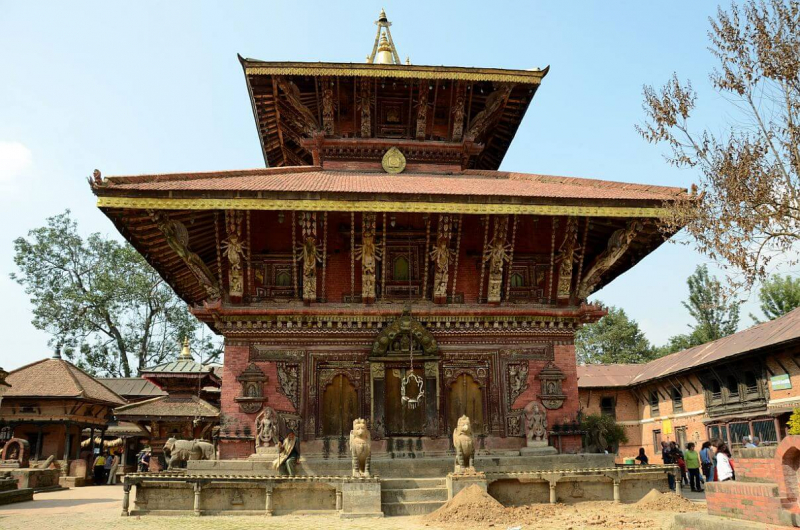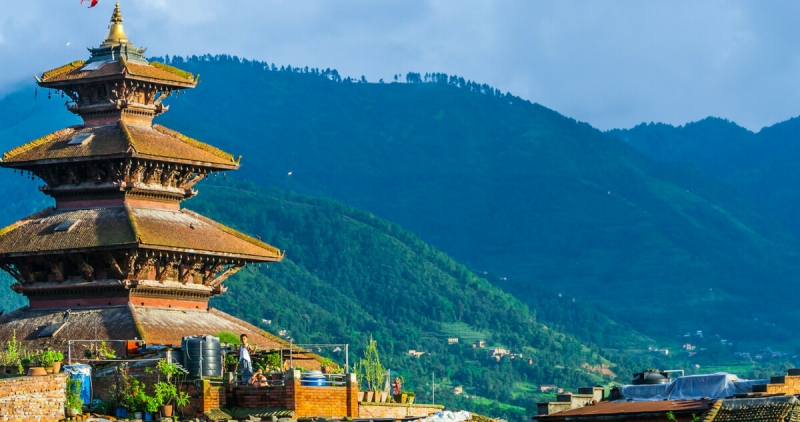Religion
In Nepal, religion encompasses a wide range of groups and beliefs. Nepal is a secular nation, and the interim constitution defines secularism in Nepal as "religious, cultural freedom, along with the protection of religion, culture handed down from time immemorial," which means that "the state government is bound for protecting and fostering Hindu religion" while maintaining "religious" and "cultural" freedom throughout the nation as fundamental rights.
Hinduism and Buddhism are the most widely practiced religions in the Federal Democratic Republic of Nepal, accounting for 81.3% and 9.04% of the nation's overwhelming population in 2011, respectively. According to a survey, Nepal is the most religious Hindu-majority country in the world, with the majority of important Hindu pilgrimage centers concentrated here. Because Nepal is also the birthplace of Gautama Buddha, Buddhism holds a special place in the country and is frequently intertwined with Hinduism among some communities. Through democracy, it has become a multi-cultural, multi-ethnic, multi-lingual, and multi-religious nation. There are also small populations who follow Islam, Christianity, Sikhism, Jainism, Bön, and the Bahá' Faith, particularly in eastern Nepal.
Shiva is widely regarded as Nepal's guardian deity. Nepal is home to the world-famous Pashupatinath Temple, a UNESCO World Heritage Site to which Hindus from all over the world travel for pilgrimage. According to Hindu mythology, the goddess Sita of the epic Ramayana was born in King Janaka Raja's Mithila Kingdom. Nepal's national animal is the cow, which is considered sacred in Hinduism. As a result, cow slaughter is prohibited in Nepal.
The Nepali constitution also guarantees religious freedom. Forced conversion from Hinduism to other religions is illegal, especially when money is used as a direct or indirect inducement to convert, but anyone can convert from one religion to another of their own free will.















